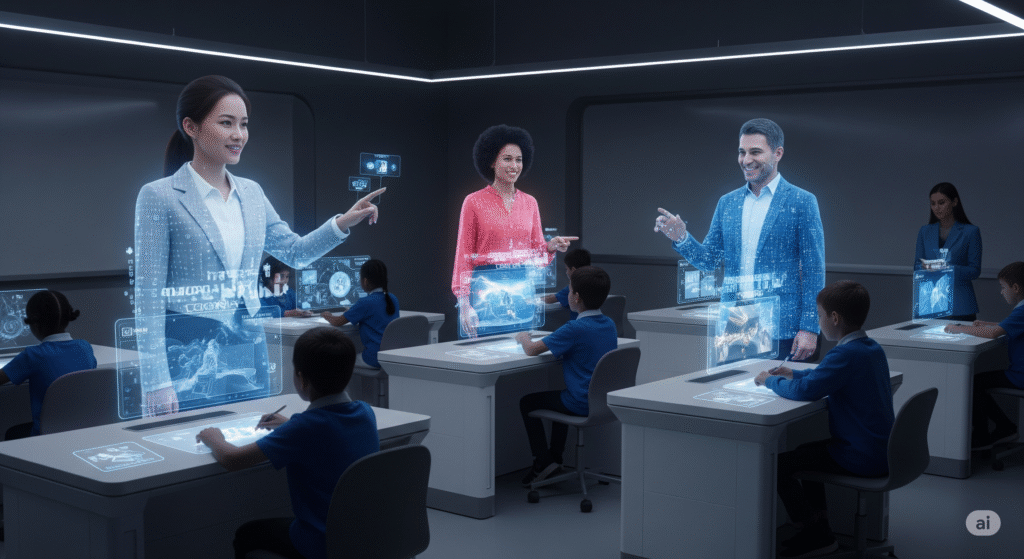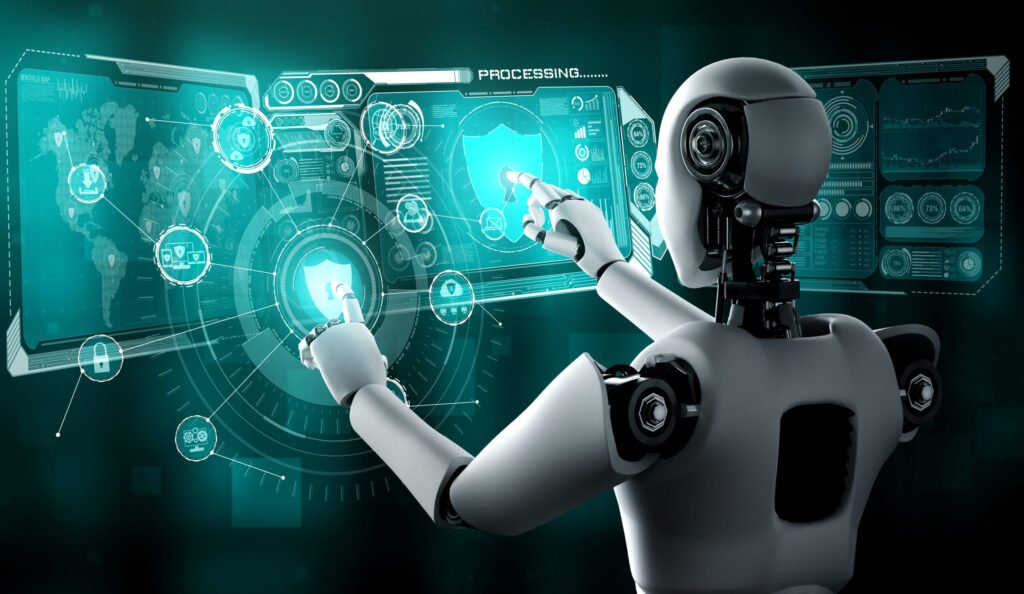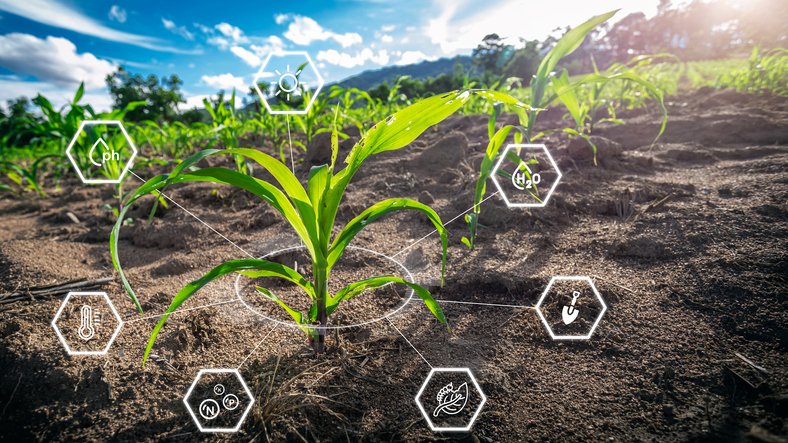Introduction
As Artificial Intelligence (AI), machine learning, and advanced educational technologies gain ground, one question continues to arise in academic and societal circles: Will teachers be replaced in the future? It’s an important topic that raises deeper concerns about the role of human connection, empathy, and mentorship in education.
While automation is transforming industries at an unprecedented pace, the future of teaching is likely to evolve rather than disappear. Let’s explore how technology is reshaping education and whether human educators will remain essential in the learning process.
The Rise of AI and EdTech in Classrooms
Over the past decade, we’ve seen a surge in tools like:
- AI tutoring systems (e.g., Carnegie Learning, Squirrel AI)
- Learning management platforms (e.g., Google Classroom, Moodle)
- Customized lesson plans powered by algorithms
- Virtual and augmented reality for immersive learning
These tools offer several advantages:
- 24/7 availability
- Personalized learning pace
- Efficient grading and feedback
- Data-driven insights on student performance
So, are these technological advancements replacing teachers? Or are they enhancing what teachers already do?
Why Teachers Are Irreplaceable
Despite technological advancements, here’s why human teachers remain irreplaceable:
1. Emotional Intelligence and Empathy
Teachers provide emotional support, encouragement, and mentorship—qualities no AI can truly replicate. Students thrive on human connection, especially during critical developmental years.
2. Adaptability in the Classroom
A teacher can instantly modify lessons based on classroom mood, student energy levels, or current events. While AI adapts through data, it lacks the intuition that humans naturally possess.
3. Fostering Creativity and Critical Thinking
Human educators nurture creative thinking, facilitate open discussions, and inspire students to challenge ideas. AI is excellent at pattern recognition but still struggles with abstract thought and innovation.
4. Moral and Ethical Guidance
Education is not just about content; it also involves teaching values, ethics, and social behavior. These human-centric aspects of teaching are foundational to a child’s growth.
How the Teacher’s Role Will Change (Not Disappear)
Rather than being replaced, teachers are expected to take on new roles, such as:
- Facilitators of learning instead of traditional lecturers
- Guides and mentors in both academic and emotional domains
- Tech integrators, using AI to enhance teaching rather than compete with it
By embracing technology, teachers can offload repetitive tasks (grading, scheduling, basic quizzes) and focus more on what they do best—connecting with and inspiring students.
Hybrid Models: The Future of Education
The future of education lies in a hybrid model, combining:
- AI-powered tools for content delivery and tracking
- Human interaction for emotional intelligence, creativity, and leadership
This model has already gained traction with the rise of blended learning, flipped classrooms, and remote education strategies.
Conclusion
AI and technology are transforming the landscape of education, but rather than replacing teachers, they are elevating the role of educators. The future classroom will be a collaborative space where humans and machines work together, creating more personalized and impactful learning experiences.
Teachers are here to stay—as the heart, soul, and moral compass of education.
🔗 Powering Education and Digital Innovation with TechsterTech
At TechsterTech.com, we specialize in:
- AI integrations for educational platforms
- Custom-built digital learning solutions
- Marketing for EdTech startups and institutions
Let us help you transform your educational vision into a high-impact digital reality.



